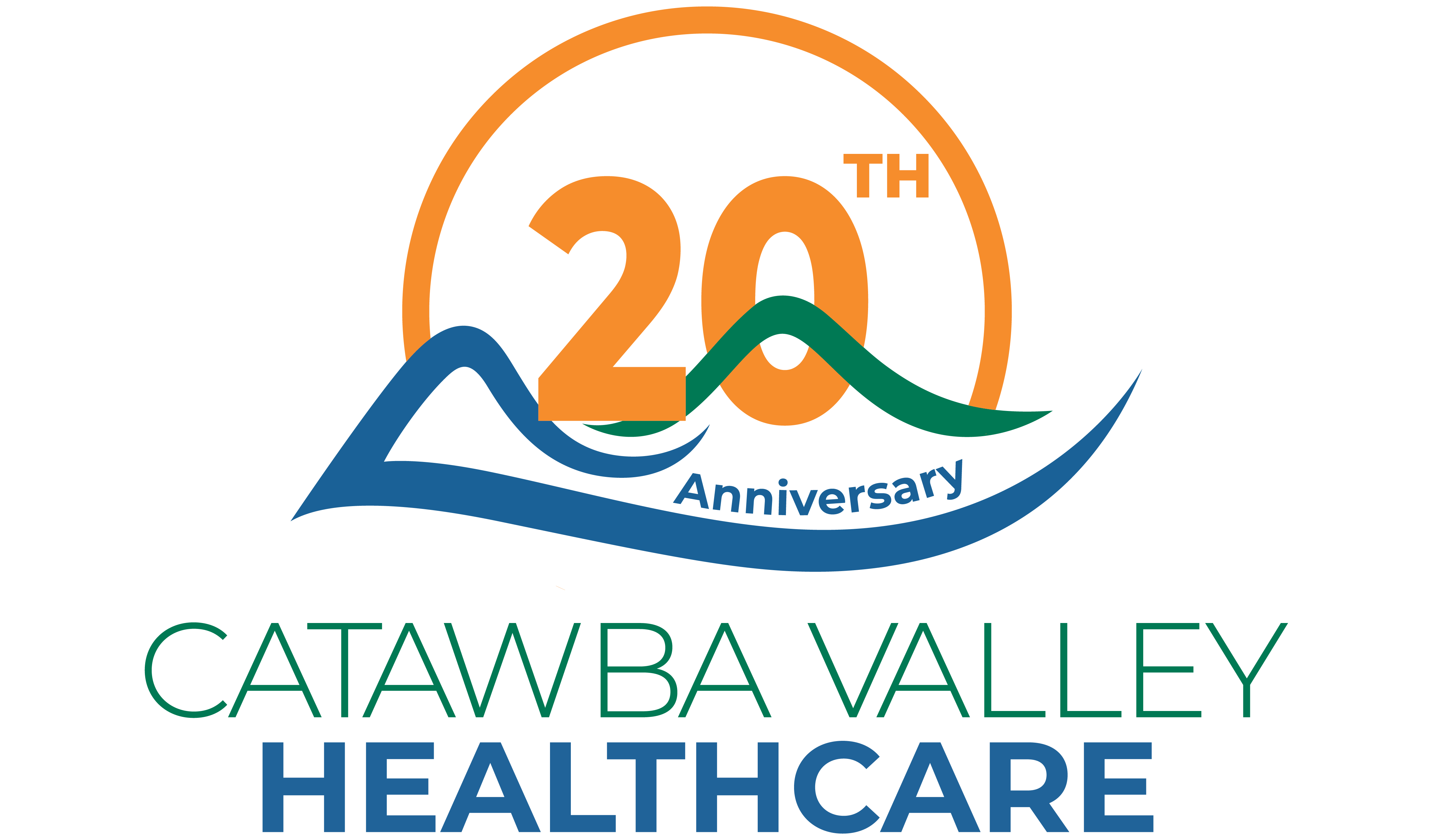What is a Crisis?
There is no universal definition for a crisis—if it feels overwhelming to you, it matters. Crises can vary from person to person, but they often fall into two main categories:
- Emotional Crisis – Intense feelings of sadness, anxiety, depression, or thoughts of self-harm.
- Situational Crisis – Major life events such as job loss, relationship breakdowns, or financial struggles.
When and How to Ask for Help
A lot of people do not reach out in a time of crisis because they feel like no one will respond or that what they are feeling is “not important enough.” This will only extend the time you are in crisis or even possibly make the crisis worse. Recognizing when you need help is crucial. You may consider seeking assistance when:
- You are in immediate danger or a life-threatening situation.
- You feel unable to cope with overwhelming emotions or thoughts.
- You are easily distracted, unable to focus, or experiencing deep feelings of sadness, anxiety, or distress.
- You find it difficult to carry out daily tasks or make decisions.
The first step is to talk about it. Reaching out to someone you trust or a professional can provide relief and guidance. Ignoring the signs of a crisis can lead to further distress, so early intervention is important.
Options for Help
Depending on the severity and type of crisis, different options are available:
- Family and Friends – A strong support system can provide emotional comfort and practical help.
- Emergency Services (911) – For medical emergencies or life-threatening situations, call 911.
- Local Mobile Crisis Teams – When the crisis is not immediately life-threatening but requires professional support, mobile crisis services can help. Call the CVH mobile crisis hotline at 828-695-2511.
- 988 Suicide & Crisis Lifeline – A dedicated crisis line offering 24/7 confidential support from trained counselors.
- Therapists and Counselors – Mental health professionals can provide ongoing support and treatment for emotional and psychological distress.
- Support Groups – Peer-led groups can offer shared experiences, coping strategies, and a sense of community.
CVH Mobile Crisis: Who We Are and What We Do
Our Mobile Crisis Team provides immediate, on-site crisis intervention for individuals experiencing emotional, mental health, or situational crises. Our services include:
- Assessing the situation and providing appropriate support.
- Offering immediate coping strategies and emotional stabilization.
- Connecting individuals with local resources, including counseling, shelters, and social services.
- Preventing unnecessary hospitalizations by offering alternatives for crisis resolution.
- Providing follow-up care and support to ensure long-term well-being.
What to Expect When You Call Mobile Crisis
When you call Mobile Crisis, you can expect to connect with a trained professional who will listen carefully and assess your situation. Together, you will create a plan tailored to your needs, which could include in-person support if necessary. You will receive clear guidance on next steps and be directed to any additional resources that may help. In certain circumstances, mobile crisis responders may also visit you in person to provide hands-on support and ensure you have the assistance you need in a timely manner.
Post-Crisis: What Comes Next?
After the immediate crisis has passed, many people wonder if life will return to “normal.” While it may take time, healing and recovery are possible with the right support. Adjusting after a crisis can be challenging, but small steps can make a big difference.
Steps to Take After a Crisis
- Talk About It – Continue discussions with friends, family, or a therapist to process emotions and experiences.
- Seek Ongoing Support – Utilize local support groups, counseling, or community services for continued care. This is especially important for children and Specialized Mobile Crisis Services for Youth (MORES) can help.
- Make a Plan – Develop coping strategies to handle future stressors.
- Monitor Your Mental Health – Be aware of any lingering symptoms or triggers that may require additional support.
- Engage in Self-Care – Prioritize activities that help you relax, recharge, and maintain emotional stability.

Specialized Mobile Crisis Services for Youth (MORES)
For children and adolescents (ages 5-21), Mobile Outreach, Response, Engagement, and Stabilization (MORES) is a specialized intervention service designed to prevent crises from escalating. MORES teams respond to situations where an individual’s emotional balance is disrupted, making it difficult to cope; where the environment—whether at home, school, or in the community—is significantly impacted; or where the crisis feels overwhelming and unmanageable for the individual or their family.
MORES interventions include:
- Crisis intervention and de-escalation
- Counseling and behavioral assistance
- Skill-building for emotional and coping strategies
- Medication management
- Caregiver and youth engagement, support, and stabilization services
The goal of MORES is to prevent the need for more restrictive settings—such as hospitalization or court involvement—while also improving an individual’s ability to function. By providing early intervention and support in everyday environments, MORES helps foster stability and resilience.
Even when a crisis feels overwhelming, you are not alone. Support is available, and reaching out for help can make all the difference. Remember, healing is a journey, and with the right support, recovery is possible.
If you need immediate mobile crisis assistance, contact our mobile crisis hotline at 828-695-2511 or call 988 for confidential crisis support.
At Catawba Valley Healthcare in Hickory and Valdese, North Carolina, we are here for the health care of our surrounding communities. If you need professional support from a primary care physician or a mental health professional for anxiety, visit our website @ cvhnc.org or call us today at (828) 695-5900.

